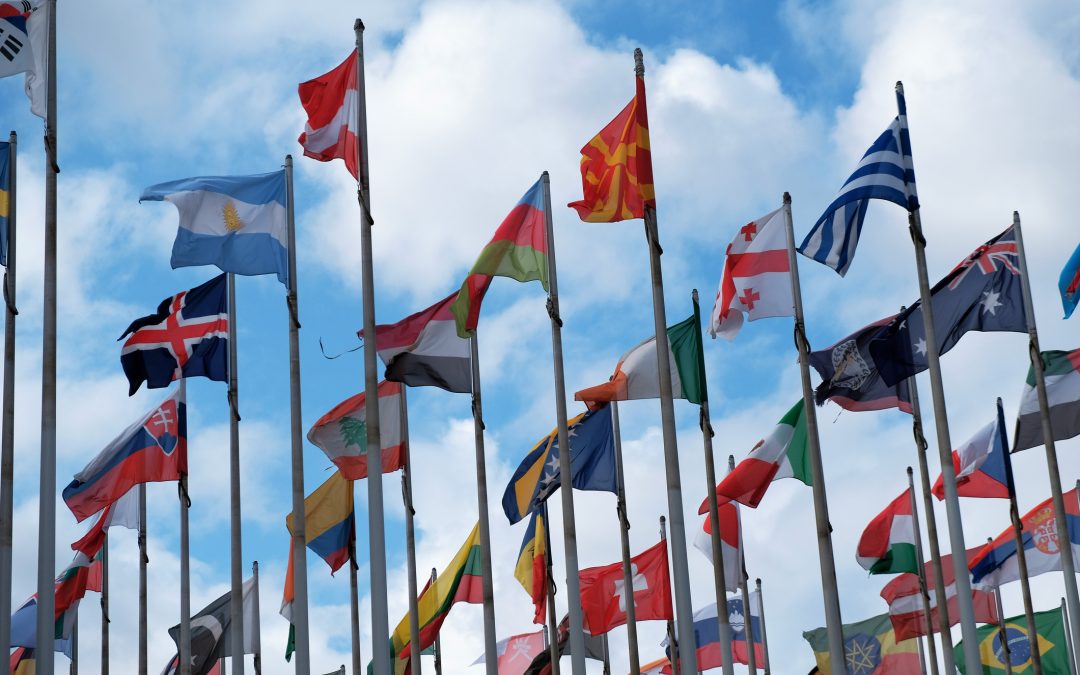Now Reading: Embassy & High Commission: Know the Difference
-
01
Embassy & High Commission: Know the Difference

Embassy & High Commission: Know the Difference
Maintaining relationship between nations, with approximately 195 countries having geographical, cultural, religious, and governmental differences etc can be a mammoth task. Therefore, Diplomacy, often known as the art of negotiating with different countries, is an important part in keeping the globe at peace and the gaps is filled by a Diplomatic Mission, or Foreign Mission.
Before we go into the nuances of the two terms ‘embassy’ & ‘High Commission’. It is important to first understand diplomatic mission or Foreign Mission.
Basically, it is a group of persons sent from one country or state to another to represent them in the host country. These persons are known as diplomats, or diplomatic representatives.
Their main function is to enhance diplomatic relationship between host country and the Home country and maintain peace between them. They strive to protect and meet the needs of nationals of the sending country who are living or travelling in the host country. They promote and strengthen political, social, cultural, economic, and educational relations with the host country.
Now there are few ways by which diplomatic missions are classifies based on the host state, functions or other factors. Embassies and High Commissions are one of them. Though they both have same functions but there lies some differences.
High Commissions
Members of the British Commonwealth use the term “high commission” to describe their diplomatic position. It refers to diplomatic mission of Commonwealth member nations that are located in similar locations in other Commonwealth member states. Simply saying, all countries that have been colonies of British or British Empire except of Mozambique and Rwanda, called their diplomatic delegation as ‘High Commission’.
There are 54 members in British Commonwealth or Commonwealth of Nations. When they send diplomats to each other’s countries, the diplomatic mission is known as the High Commission.
They have a close connection that is strengthened by sports, diplomacy, collective defence, economic union, and military coordination, among other things.
An Australian diplomatic mission in New Zealand will be a High Commission as they both are the common wealth nations.
Embassy
The diplomatic missions between nations not being the members of the Commonwealth countries are called as an Embassy simply referred as Foreign mission. The mission houses a group of a foreign country’s top diplomatic representatives in another country.
In many situations, it is permanent in nature and stays in effect even if the ambassador is recalled or goes away. Its main goal is to present one country’s foreign policy with that of another. This is in addition to caring for the citizens of those countries.
Key Differences
| S.No | HIGH COMMISSION | EMBASSY |
| 1. | A diplomatic post or mission that is located in and represents a British Commonwealth member country. | A diplomatic mission based in a country that is not a member of the British Commonwealth. It also refers to a situation in which one side refuses to join the Commonwealth. |
| 2. | A High Commissioner is the officer in charge of a High Commission. | Ambassador is officer in charge of an embassy. |
| 3. | Encourages cooperation between the two member states. Proceeds to undertake other related businesses that are in the best interests of its country. | Only applicable to situations pertaining to the maintenance of relations between the two countries in question. |
| 4. | May serve citizens from other Commonwealth member-states on the condition that they are Commonwealth members. | Its services are primarily available to the residents of its countries. |
| 5. | An Indian diplomatic mission in Canada is called a High Commission because both nations are the British Commonwealth nation. | An Indian diplomatic mission in Qatar is called an embassy. That is because India is a member of the commonwealth whereas Qatar is not. |
| 6. | A High Commission’s role includes dealing with business, commercial, and other interests that are actually out of the scope of international relations. | Primarily concern themselves with the promotion of good links between their home nation and the host country. |
| 7. | The High Commission is a single location where all activities are carried out. | An embassy is vast because it serves as the headquarters for a broad network of additional diplomatic missions, known as consulates, located across the host country. |
| 8. | High Commissions are not widely regarded and recognized because they are mostly used within Commonwealth member-states. | Embassies are widely recognized internationally. |










